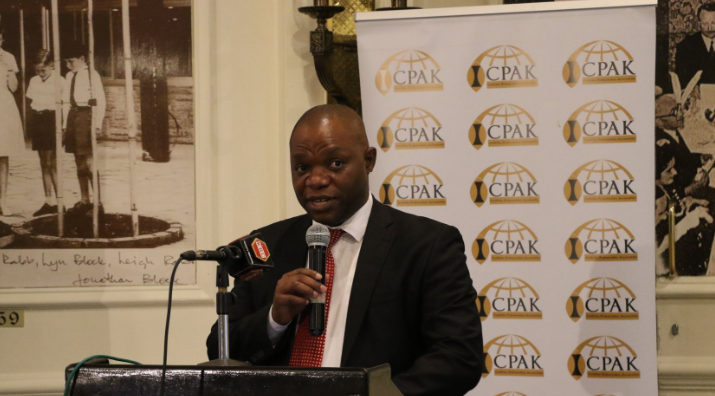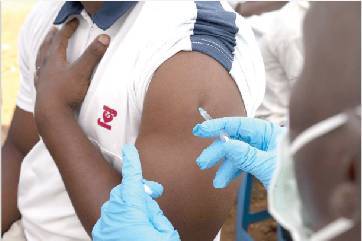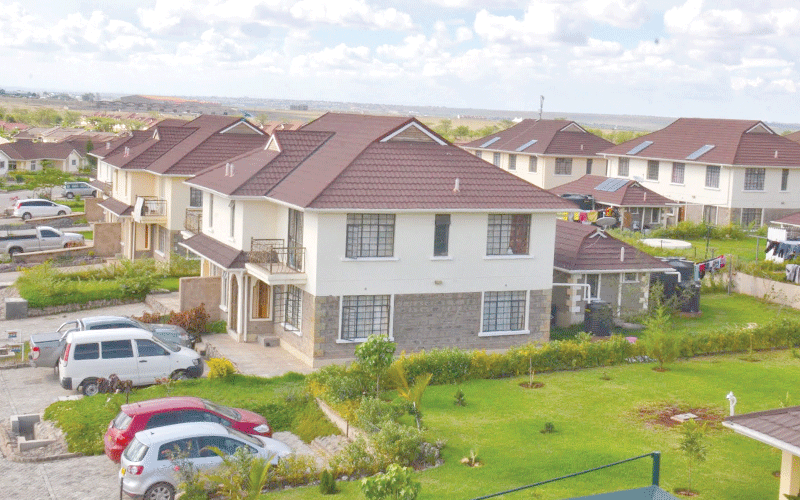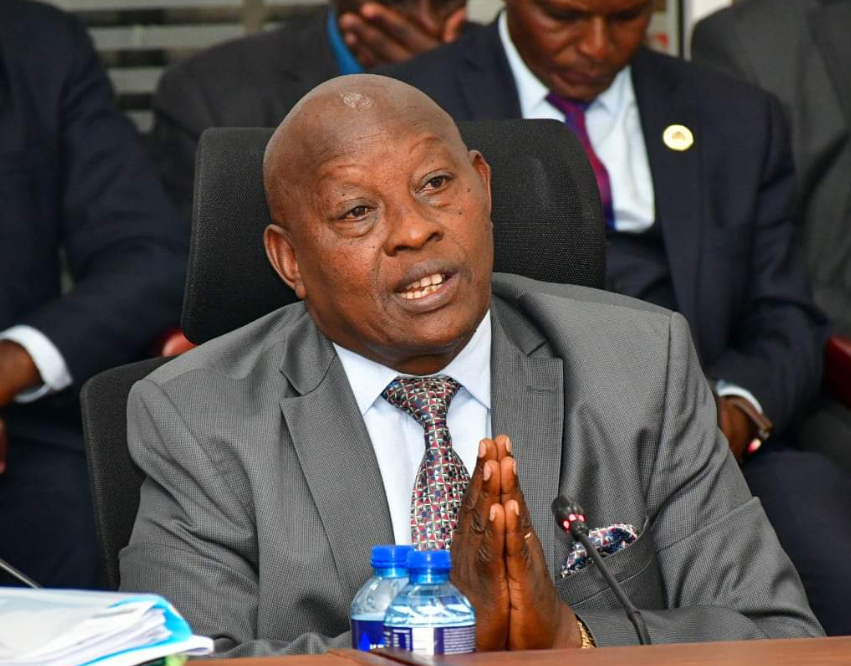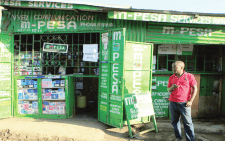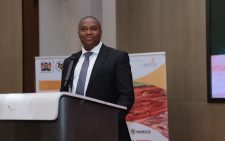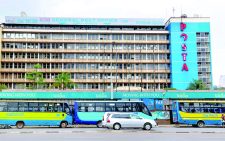ICPAK seeks extension of tax relief measures
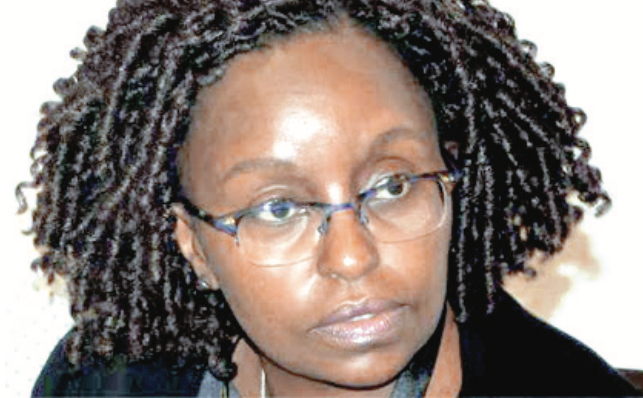
Institute of Certified Public Accountants of Kenya (ICPAK) has recommended a further two-year extension of tax relief measures to cushion individuals and businesses distressed by the Covid-19 crisis.
Chairperson Rose Mwaura said such extension would facilitate business and help economic recovery by ensuring a predictable and stable tax rate regime.
“The institute would like to recommend that Parliament and the President consider extending the tax interventions earlier introduced to a specific timeline of up to two years,” she said.
Mwaura made the remarks during a taxation and efficient management of public resources forum held at a Mombasa hotel yesterday.
She downplayed fears that such adjustments would affect Kenya Revenue Authority (KRA) annual revenue targets.
Relief on Pay as you earn (PAYE) and corporation tax will be among the first to lapse on January 1, following a short extension by President Uhuru Kenyatta last Month.
To cushion individuals and organisations from economic hardships, President Kenyatta asked National Treasury to consider retaining the value added tax (VAT) rate at 14 per cent until July 1 and the PAYE rate at 25 per cent at 25 per cent until January 1.
Resident income
He also asked it to consider retaining the resident income (corporate) tax at 25 per cent until January 1.
To continue cushioning low income earners, the Head of State asked Treasury to maintain the 100 per cent tax relief for persons earning a gross monthly income of up to Sh24,000 beyond the December 31, 2020.
During the event, the institute also urged Kenya Revenue Authority, through the current tax law, to review specific excise duty and realign them with the cost of living that has taken a toll on the larger middle income population in the country.
Mwaura reiterated the need to be sensitive to businesses that are still reeling from the effects of Covid-19 to cushion them during the recovery period as they try to work back to normal operations.
“We strongly recommend that the Commissioner General reconsider the Gazette notice and inflationary adjustment to maintain the current rates and review the category of items under the excise regime that have significant impact to the general public like bottled water and fuel,” she added.
She expressed belief that this will spur recovery and consequently, enable more collection in the future as opposed to killing the already struggling enterprises.
“The tax principle of efficiency presumes that the less a tax affects the decisions of enterprises on production, or the decisions of consumers on purchasing, the more efficient it is,” Mwaura added.
The institute said that Kenya Revenue Authority, National Assembly and the Treasury has been dragging its feet in the bid to resolve a number of tax implementation bottlenecks.
Compliance strategy
Speaking at the conference, KRA Commissioner for Strategy, Innovation and Risk Management, Mohamed Omar, affirmed that the taxman is aggressively working on a compliance strategy to ensure all eligible taxpayers pay their fair share of taxes, in alignment with one of the canons of taxation.
He hinted that KRA heavily banks on a mobile application named KRA M-Service App that has also been introduced.
The App is expected to facilitate taxpayers’ compliance by simplifying access to KRA services such as taxpayer registration and verification and filing of returns.
